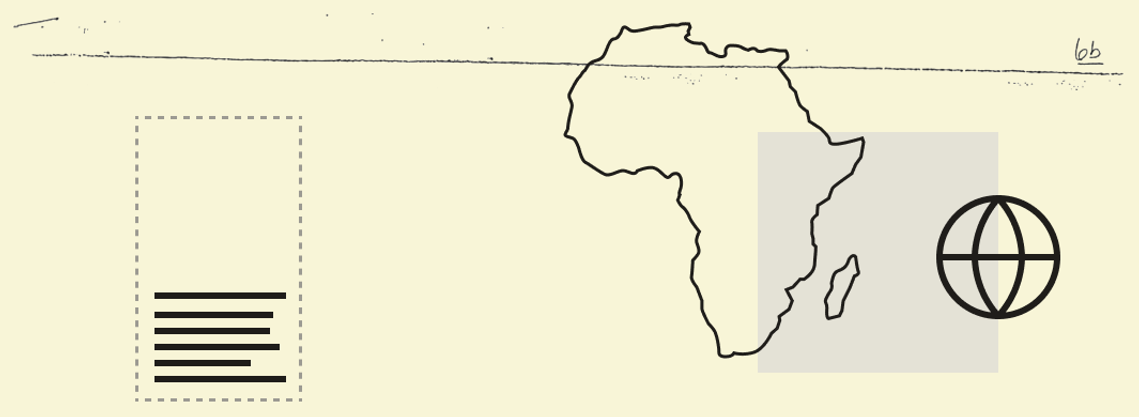 Governance Sutanta Aditya/NurPhoto via Getty Images Sutanta Aditya/NurPhoto via Getty Images🇸🇱 Sierra Leone’s government on Friday said it paid $17 million of its $48 million debt to Turkey’s Karpowership to restore energy supply to the capital Freetown. It follows the resignation of the country’s energy minister and a weeks-long electricity crisis. 🇧🇫 Burkina Faso has suspended foreign media — including French newspaper Le Monde, UK’s The Guardian, and Germany’s Deutsche Welle — over coverage of a Human Rights Watch report that alleged the army committed extrajudicial killings. The government has rejected the allegations. 🇳🇦 Namibia could see an economic boom following significant oil discoveries off its southwestern coast, TotalEnergies’ chief executive said. TotalEnergies, Shell and Galp Energia have discovered an estimated 11 billion barrels in oil reserves in the past two years. Net Zero🇹🇬 Togo plans to construct a 25 megawatt solar power plant in the northern city of Dapaong funded by World Bank’s International Development Association. 🇧🇫 Burkina Faso has approved a $49 million concessional loan from the China’s Export-Import Bank for the construction of the Donsin solar power plant and its electricity storage system. Tech🇳🇬 Nigeria’s central bank asked four fintech companies — Moniepoint, Kuda, OPay, and Palmpay — to suspend account openings for new users, over an investigation into unauthorized forex transactions. 🇬🇭 Online food delivery company Glovo is closing down its operations in Ghana. It said the growth potential for food delivery in the country required “substantial investment over an extended period of time.” 🇰🇪 Kenya’s competition watchdog asked food delivery operators to open physical offices that customers can visit for dispute resolution. Food Security Lillian Banda/Xinhua via Getty Images Lillian Banda/Xinhua via Getty Images🇿🇲 Zambia is looking to import more than 500,000 metric tonnes of maize from Uganda to address a food shortage. The shortage follows a drought that was declared a national disaster in February. Deals 🇳🇬 Nigeria food delivery startup Chowdeck raised $2.5 million from a number of investors including Y Combinator, and the founders of the Nigerian fintech startup Paystack. 🇰🇪 Kenyan travel booking startup BuuPass acquired QuickBus, a competitor, in a cash and stock transaction for an undisclosed amount. 🇦🇪 🇸🇸 The Dubai-based Hamad Bin Khalifa Department of Projects agreed to lend South Sudan $12.9 billion in exchange for oil until at least 2043, Bloomberg reported. It’s the largest ever cash-for-oil deal in an African nation, and is valued at two times higher than South Sudan’s GDP. Mining 🇿🇦 South Africa-based mining giant Impala Platinum said on Friday that it could cut 3,900 jobs as it restructures its operations in the country due to a slump in metal prices. |